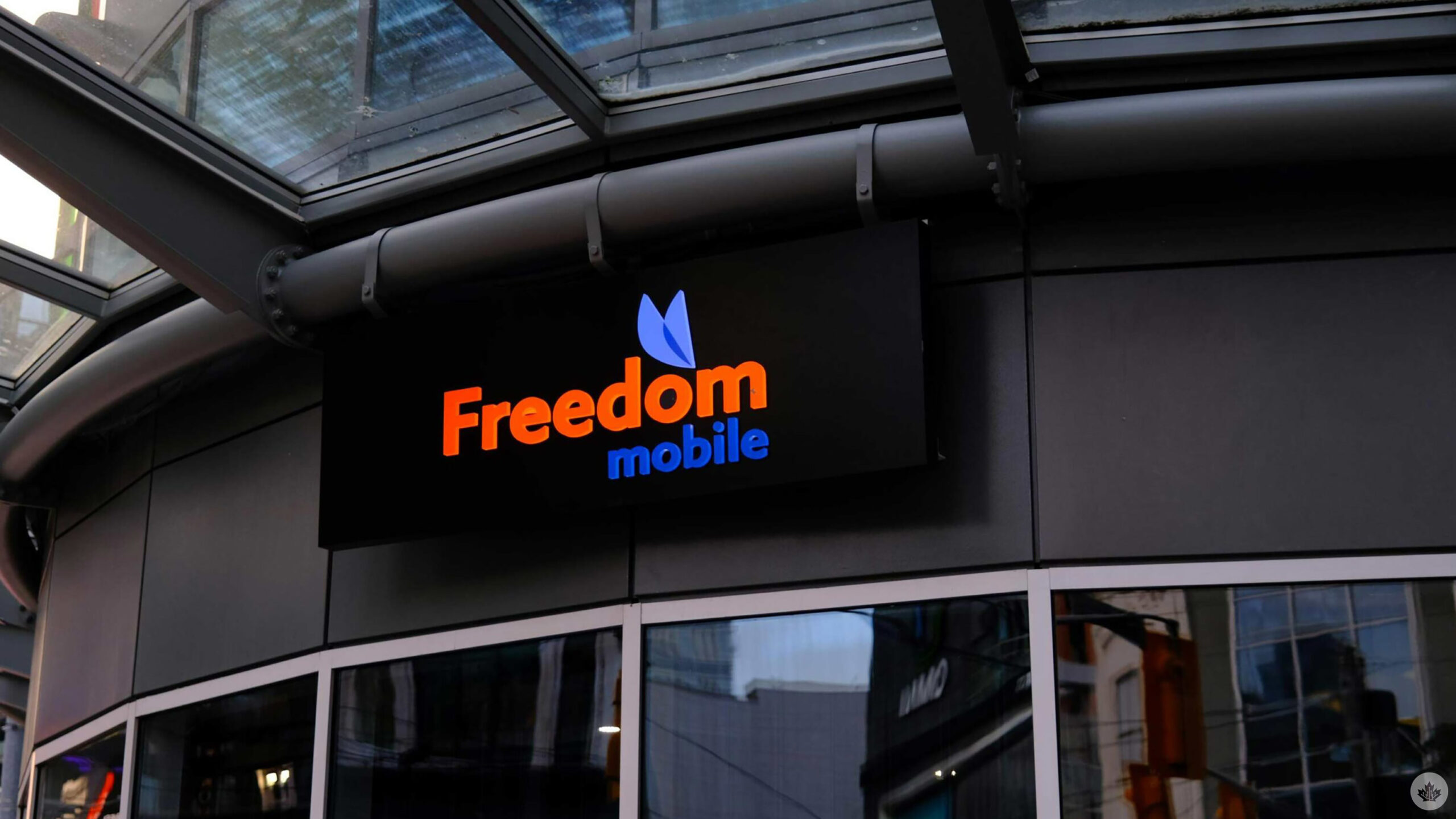
2022 was a busy year in the telecom industry. We witnessed new developments on Rogers’ $26 billion takeover of Shaw, saw Starlink’s expansion in the north, and observed how telecom companies respond to disasters nationwide.
In no particular order, here are MobileSyrup’s picks of the most important stories to come from the telecom industry this year.
Rogers outage
Rogers customers woke up on July 8th to no cellphone service, internet, or working home phone lines. Rogers was witnessing a complete outage, leaving many struggling to get daily tasks done. The outage, caused by a maintenance update, impacted 13 million wireline and wireless customers.
The company issued $150 million in credits representing five days of service and said it would make changes to prevent something similar, including separating its wireless and wireline networks.
Rogers had to answer to millions of angry Canadians. Its first set of heavily redacted responses to the Canadian Radio-television and Telecommunications Commission’s (CRTC) questions came in July, hot on the heels of the outage. The Commission’s subsequent request for more information shed more light, as Rogers offered information once redacted in August. But it didn’t paint a complete picture. The Public Interest Advocacy Centre (PIAC) is one of the parties that want the CRTC to release more details.
While some action has been taken, can another outage be prevented?
Freedom Mobile acquisition
When Rogers’ originally announced its plans to acquire Shaw, there was no word on what it would mean for Freedom Mobile. Innovation Minister François-Philippe Champagne had other plans. In March, he announced Rogers couldn’t acquire Freedom, as doing so would decrease competition. The company received offers to buy Freedom from Xplornet, Distributel and Globalive. However, Québecor subsidiary Vidéotron ended up the winner.
Competition Bureau’s challenge to Rogers’ takeover of Shaw
The Competition Bureau is one of three parties that needs to approve the Rogers and Shaw merger. But so far, the federal department has strongly opposed the takeover. Citing affordability and competition, the bureau filed to block the merger in May. The parties attempted negotiations twice before moving to a tribunal hearing where the bureau maintained its defiant position to block the merger.
Ian Scott’s time at the CRTC
Vicky Eatrides is the new chair of the CRTC, taking up a role previously held by Ian Scott. Scott filled the role for five years, but his time wasn’t without controversy. This past year, he has faced a request to recuse himself from files related to internet competition, addressed a meeting he had with Bell’s CEO, and faced numerous calls to resign. But Scott successfully completed his term, and if given the opportunity, he would be willing to take up the position again.
Hurricane Fiona
Hurricane Fiona hit Atlantic Canada with destruction when it made landfall in September, impacting telecom services. In response, some carriers announced they’d waive fees and offer extra data to impacted residents. But according to Nova Scotia’s Premier, not all telecom companies were helpful. Tim Houston sent Innovation Minister François-Philippe Champagne a letter complaining about “poor participation and support” from telecom companies, including Bell and Telus. The companies defended their actions and said they provided full support.
Image credit: Shutterstock
MobileSyrup may earn a commission from purchases made via our links, which helps fund the journalism we provide free on our website. These links do not influence our editorial content. Support us here.




